Pollsters and advertisers tell us people will spend a fortune getting well, trying to cure or mitigate some disease or condition, but will almost NEVER spend a dime PREVENTING disease or health conditions. This is a particularly important point when considering your immune system.

But that’s the problem. We can be superstitious about things that have no sound scientific basis. But, when warned about the potential failure of our body’s defense and replenishing the immune system, we go on without taking heed.
Here goes: If your immune system suffers, you will too. Let me repeat that another way. If your immune system becomes overactive or underactive you could develop diabetes, cancer, arthritis, allergies, strep, bronchitis, tuberculosis, and a host of immune system-related conditions.
Solution? Well, given the scientific surge in glyconutritional research, the actual solution to these and many others has been, for many sufferers, glyconutritional products. Why? Glyconutrients are the key nutrients designed to strengthen the immune system.
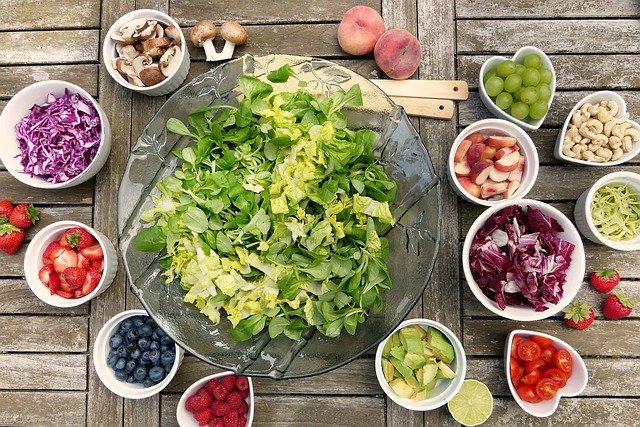
Note: This post may contain affiliate links. If you buy from our links, at no additional cost to you, we get commissions so we can improve this site. For more information, visit this page.
Source of the images: Pixabay.
But why wait to get sick? Did you know that breast milk is loaded with glyconutrients? Given that, then it is a big non-surprise that their immune systems are well-nourished and diseases often pass them by while others around them (including mama) are getting sick!
Did you know many plants (foods/herbs), which people from varying cultures have known about for centuries, actually aid the immune system? The following foods have been known for their healing properties over the centuries and now, because of the boost given to the immune system of our bodies by the glyconutrients in them, we know why.
Immune system boosters: Aloe Vera, coconut, Astragalus, mushrooms (medicinal), Echinacea, some algae, garlic, pectin of fruits, some herbs, yeasts, maize, breast milk, certain saps, husks.
Note the fact the immune system can be kept strong to furnish maximum defense when we need it. Why not GET glyconutrional support for your immune system and prevent the kinds of conditions that bog you down?
Why suffer from multiple bouts of flu and colds? They are due to an underactive immune system.

Why suffer from repeated forays of strep? It too is due to an underactive immune system. Get an immune system boost through glyconutrition.
How about those ear infections in junior? Ear infections are due also, in part, to underactive immune system conditions. Give them a boost. Glyconutritionals are non-prescription. They are also non-toxic. They’re foods.
Are you ready for the allergy season? Allergies are the response to overactive immune systems. Glyconutrional supplementation modulates the immune system as well. That’s a fancy way of saying the immune system is regulated by the glyconutrients.
What about those of us who have been literally tormented, embarrassed, fatigued, and distressed by acute sinus infections? Sinusitis is due, in part, to an underactive immune system. I don’t have to tell you what relief prevention would be. Not getting sinusitis is well worth it. On the other hand, most of us will continue to wait until our immune systems fail us. Then we get sick, miss work, sneezing all the time, excusing ourselves forever.
All of us see the wisdom in preventing the letdown of our immune systems, yet we let it suffer.
Remember, glyconutrients are NOT new vitamins, minerals, amino acids, or enzymes. They are an entirely different nutrient. And they are food. Think NON-Prescription.

The Truth About Herbs
Have you taken echinacea to stay healthy through the winter, ginseng for more energy or valerian to ensure restful sleep? If so, you’re not alone. According to the Office of Dietary Supplements, more than 38 million Americans take herbal supplements. With more Americans using herbs to improve their health, it’s important to know how to choose and use them safely.
“Herbs may play an important role in overall health and well-being, but many people are still learning what works and what should stay on the shelf,” said registered dietitian Lynn Laboranti, M.S. “Consumers should do their homework and talk to their doctor about what herbs are right for them.”
What do you know about herbs? To test your herbal IQ, Laboranti poses the following questions:
Q: Can echinacea boost immunity?
A: Several scientific studies have shown echinacea to be an effective, natural way to boost immunity. When taken at the first sign of not feeling well, echinacea helps stimulate the body’s natural defense system. Echinacea should not be taken for more than eight weeks at a time.
Q: What does St. John’s wort do?
A: Clinical and laboratory research has earned St. John’s wort a growing reputation as an herb that helps enhance mood. It has few side effects, but may cause light sensitivity and decrease the effectiveness of some prescription medications. It’s important to talk to a health care professional before using St. John’s wort or other herbal supplements if you take prescription drugs.
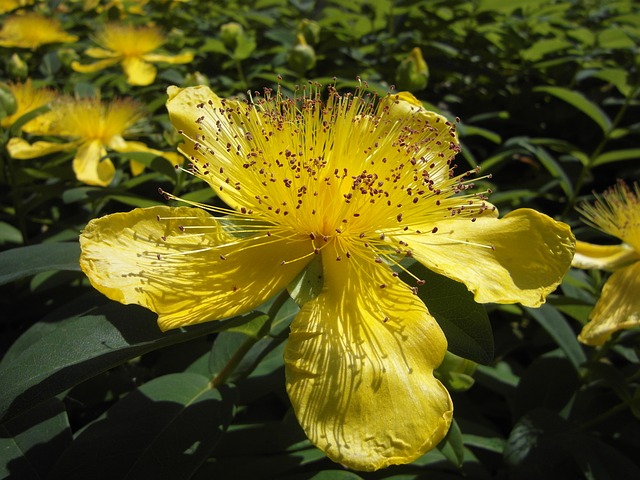
Q: Does soy relieve menopause symptoms?
A: Soy contains naturally occurring isoflavones, which have been shown to help relieve menopause-related hot flashes and night sweats. Soy foods and soy isoflavones also help support hormonal balance in women during the menopausal years. Experts recommend 30 to 65 mg of soy isoflavones (5-8 ounces of soy milk or 1 to 2 soy tablets) daily to receive a full benefit.
If you choose to take herbs in tablet form, Laboranti recommends reading a product’s label for additional safety and dosage information. Nature’s Resource herbal supplements, found at drugstores like CVS and Walgreens, feature an extended, multi-page safety label on the bottle. The booklet, called “Herbal ABC’s” contains extensive information on the specific supplement, drug/herb interactions, contraindications, adverse effects, allergy warnings and special safety instructions.
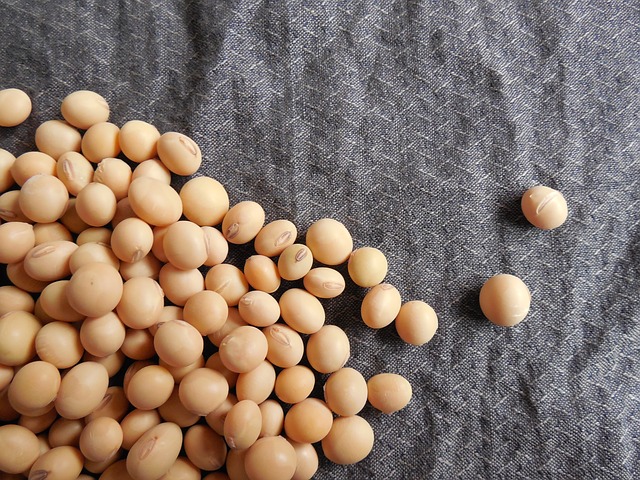
Warning: The reader of this article should exercise all precautionary measures while following instructions on the home remedies from this article. Avoid using any of these products if you are allergic to them. The responsibility lies with the reader and not with the site or the writer.
6 Great Habits To Improve Your Children’s Immunity

It is normal for your little kids to get fever, cough, or cold once in a while. However, don’t let the virus and bacteria disrupt their development.
Therefore, boost your kids’ immune system by doing these smart habits:
1. Breastfeeding
There’s no doubt that breast milk provides the best and complete nutrition for babies ever since they were born. The yellow colostrums, which come out in the early days after the labor, are proved to have antibodies that can protect babies from many illnesses, such as diarrhea and meningitis.
2. Consuming Fruits and Veggies
Fruits and vegetables are great sources of vitamins and minerals, as well as other nutrients to boost your kids’ health and immunity. Having them in daily menu will prevent your loved ones from infection.
3. Making Hygiene as a Way of Life
Washing their hands with soap is a very good start. Always do it before having meals, after using bathroom, after playing, and after handling their pets.
4. Having Enough Sleep
Lack of sleep can lead to the decline of the body’s immunity. Taking a nap every day is a good way to make your children have enough sleep. If they refuse it, put them to bed earlier in the evening.
5. Doing Exercises or Outdoor Activities
Ask them to join you doing exercises or enjoy playing outside together because these activities will increase your kids’ endurance. Playing soccer, hiking, and swimming are examples of exciting activities you can do with them.
6. Saying No to Tobacco
Smoking is so unhealthy. The smoke is even more damaging. If you or any other adults in the house smoke, better let go of that bad habit for the sake of your kids’ health and immunity.
Simple habits, right? Yet you probably don’t recognize how important they are for your kids’ fitness. Talk about this with your spouse and both of you can start a new beginning with healthier kids and family.

Phytochemicals For Your Immune Health
When you were growing up, your mom may have fought to get you to eat your vegetables. Or maybe you’re the parent fighting with your kids to eat the right foods. What many of us don’t know is that our food also fights for us.
My mom used to dress the dinner plate in full matching regalia; yellow squash nestled next to green asparagus. Red and yellow peppers tossed around the salad added spectacular color. Now dear mom knew these foods were healthy, and she loved to decorate my plate with the colors of the season, but did she know that these wholesome foods contain phytochemicals?
Phytochemicals are the active substances in plants that give them their color, flavor, odor, and protection against plant diseases. Phytochemicals work as powerful antioxidants, which can increase our resistance to disease and boost immunity.
While most research focuses on the anti-carcinogen effects of phytochemicals, the results are equally important to those who just want to boost their immune system or help reverse the aging clock.
Scientists at the Human Nutrition Research Center on Aging (HNRC) rated 60 fruits and vegetables for potency of antioxidants, which stabilize cells and help fight the damaging effects of free radicals, molecules that weaken the immune system. Antioxidants can help keep cancer, heart disease, and other degenerative conditions at bay.
The top scoring fruit in the HNRC study was blueberries followed by strawberries, prunes, black currants and boysenberries. The deeper the color, the better for you. Many of these antioxidants also have anti-inflammatory properties, and some naturally reduce blood cholesterol.
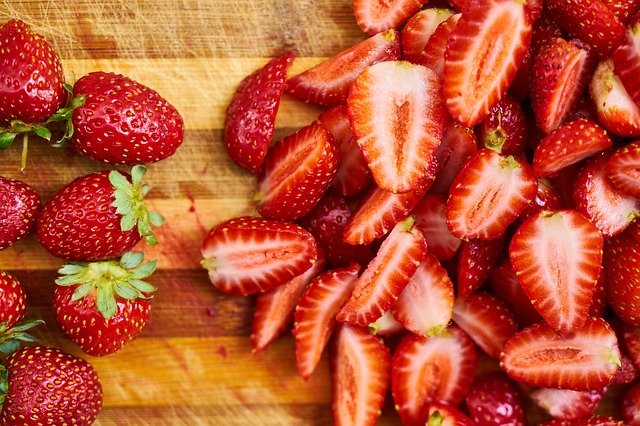
It’s important to fill your diet with all the colors of the food rainbow. Eat the blues, reds, purples, oranges, yellows, and greens.
Fresh or Frozen Produce?
It’s okay if you don’t have time to steam your own fresh veggies, studies by the FDA and the University of Illinois show that frozen fruits and vegetables are nearly as nutritious because they can wait to be picked until they’re at the peak of freshness.
Fresh produce is usually picked early, before it’s ripe and fully nutritious, so that it ships well.
But if you’re lucky enough to grow your own fruits or vegetables, or you can buy straight from a farm – then that’s where you’ll find the most nutritious fruits and vegetables!!!
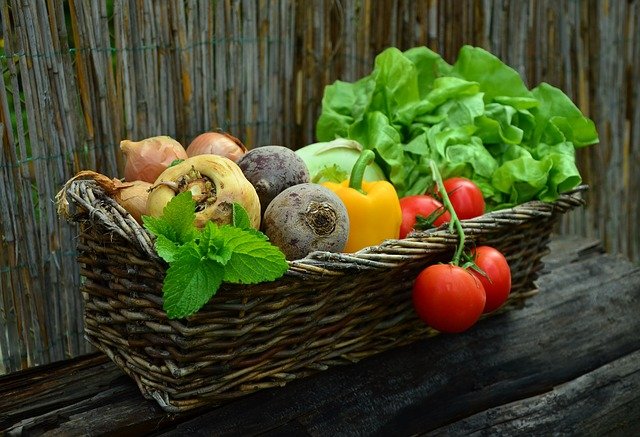
What about supplements?
The value of most supplements is, at best, ineffective. The power of phytochemicals seems to be lost when removed from food, except if you’re fortunate enough to find a high quality ‘greens drink’.
Drinking one glass of a quality ‘greens drink’ supplies more than 5 servings of powerful, phytochemical rich nutrition.
Other Phyto Foods :
Phyto foods come in many varieties and for all palates. Among the most common sources are:
FRUITS: Apples, apricots, avocados, bananas, berries, cherries, citrus fruits, grapes, kiwi fruit, lemons, mangoes, melons, nectarines, oranges, papayas, peaches, pears, plums. GRAINS: Barley, cornmeal, whole grain, quinoa, brown rice, wheat germ.
NUTS and SEEDS: Flaxseed (a small brown seed used in cooking), macadamia, pecans, sesame seeds, walnuts.
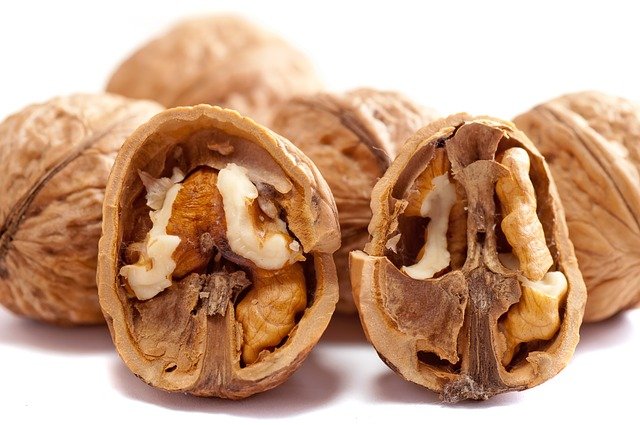
VEGETABLES: Asparagus, beans, beets, broccoli, Brussel sprouts, cabbage, carrots, celery, cauliflower, corn, eggplant, dark leafy greens and lettuces, mushrooms, onions, green and dried peas, sweet and hot peppers, white and sweet potatoes, pumpkin, soybeans, watercress, winter squash, tomatoes, and a host of others.
Click on the button below if You Want to Beat Stress, Get Fit, Sleep Better, and Recover Faster.
The Amazing Miracle Food That Really Works
Anti-aging, weight management, natural immunity, and detoxification of pollutants in our bodies are all topics of concern for us in the 21st century. Can it be that one substance provides a solution to all of these issues? According to news reports from Cornell University, the New England Journal of Medicine, and the U.S. Government’s Center for Disease Control, to name a few, it seems there is. This substance is colostrums. Colostrum is a thick yellow fluid, rich in protein, growth, and immune factors, produced by human mothers for approximately 72 hours after giving birth. Bovine colostrum, colostrum from cows, is 100 times richer in immune factors than human colostrum. Even better, it is not species-specific, which means it can work in humans and lower mammals. The powerful immune and growth factors contained in colostrum bring the body to a natural state of health and well-being.
The following are some of the benefits of colostrum.
Anti-Aging
After puberty, the amount of immune and growth factors in our bodies begins to decline. As we age, we become more vulnerable to disease. We have problems with loss of muscle tone and weight gain, and our skin becomes elastic. An aging person exhibits lower levels of growth hormone than a younger one. By the age of eighty we produce, basically, no growth hormone. Colostrum stimulates cellular and tissue growth, repairs and helps to reverse the damage done by disease and the natural aging process and aids in the renewal of skin and bones. This makes colostrum an invaluable tool in the fight against premature aging.
Weight Management
Fad diets, fasts, yo-yo dieting and rapid weight loss result in the loss of lean muscle instead of fat. Colostrum contains IGF-1, the most powerful growth hormone in our bodies. The growth factors in bovine colostrum and Leptin assist the body in an increase of metabolism, a greater ease in building lean muscle and a reduction of fat. It also affects the neurotransmitters in our bodies, which improves mental acuity. If you tend to eat when stressed or depressed, colostrum also aids in this regard.
Natural Immunity
Colostrum contains proteins that function as antibodies. These are the most powerful immune factors found in colostrum. A number of recent clinical studies have shown colostrum to contain antibacterial, antiviral, and antifungal properties. Although colostrum, as a dietary supplement, is relatively new to the United States, physicians in India have used colostrum as a treatment for thousands of years.
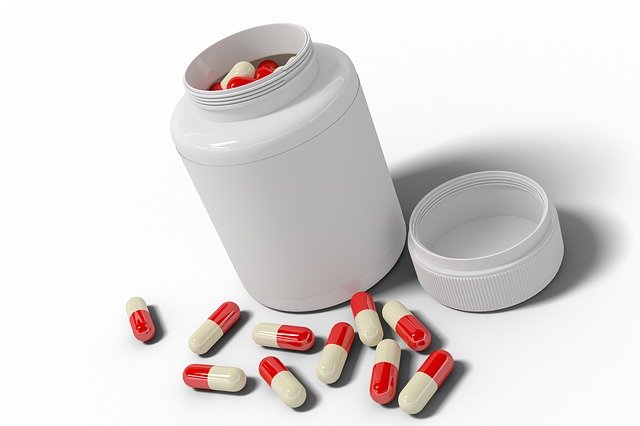
Detoxification of Pollutants
In an optimal environment, where we get enough sleep, eat well, exercise regularly and put no toxins in our bodies, the body is a very efficient mechanism. When these conditions are not met, toxins build up in our bodies. Taking colostrum can result in a significant amount of cellular energy. This energy is used to expel the waste stored outside the cells. This waste leaves the body from whatever channel that is available. Sometimes you can experience cold or flu-like symptoms when first taking colostrum, depending on the amount of toxic buildup. Make sure to get plenty of rest, drink plenty of water and eat simply while detoxifying.
Colostrum is food. With the exception of allergic reactions in persons known to be allergic to cow’s milk, it does not have any side effects at any level of consumption. It has no known drug interactions. In addition to adult consumption, it can safely be consumed by children and pets. However, according to tests conducted at Cornell University, true colostrum is colostrum from the first milking after the birth of the calf and collected within six hours of its birth. As always, use due diligence in deciding which products to buy.
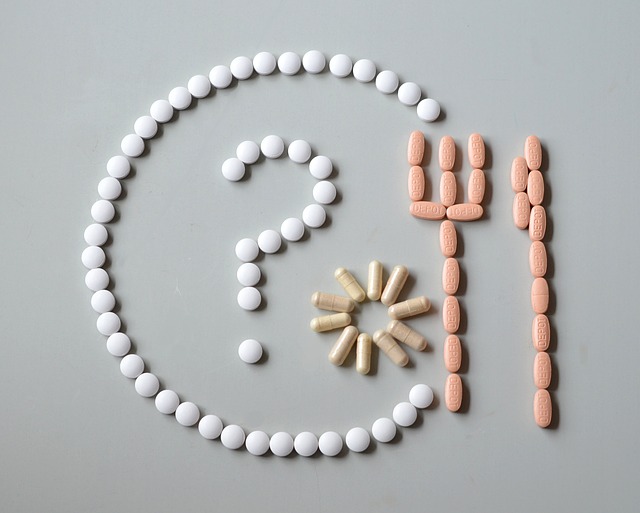
The Importance of Clean Water For Your Immunity
Have you ever considered the importance of water?
Did you know that water accounts for over 70% of your body? We are comprised mostly water. And further more, our blood mineral content is strikingly similar to salt water.
A healthy water intake can help us in many ways.
– You can think better. A fully hydrated brain actually works better.
– Strength increases. Did you know that your muscles work better when your body is fully hydrated?
– Immunity—even your immune system can function better.
– Flush junk out of your system. A fully hydrated body is better at getting rid of the things it DOESN’T need.
– You’d be amazed at how much more energy you can have when you drink adequate amounts of water.

There are just so many good reasons to take in a good and adequate supply of water. Needless to say, you can probably see why it is important to have clean water.
Advice from experts vary, but it is generally agreed that the average person probably needs to take in 2 liters of water per day. Check with your physician before changing your intake, though.
Once I worked for a company that sold water filters. One of their products was a ‘whole house filter’. The interesting thing about this filter was that it had a clear area where you could see what was trapped in the filter.
Um, I hope you are ready for this. Municipal water supplies rely on recycled water. Many people know this but don’t want to think about it.

What this means is that all of your wastewater, i.e., when you flush the toilet, goes back into the system. It is ‘filtered’ and ‘treated’ and may just come right back at you in the form of a glass of water out of your tap. Not to be too gross here, but this is a fact of life. And you should be aware of it.
What was found in that ‘see through’ filter mentioned above was little flaky white particles that looked suspiciously like toilet paper?
Now, no chemical analysis was done to validate this and who knows what I was really seeing there. But never-the-less, it made me think about my drinking water.
I use a filter for the water I drink now and I love it. I cook with filtered water too. Drinking clean filtered water is really great. The taste, or actually the lack of taste, because clean water doesn’t have taste or odor, can be quite a dramatic contrast to what you might be used to.
Not all filters are created equal. Some take out lead and heavy metals, some just filter for taste. So you really have to do a little research and make sure you are getting a filter that is right for you, one that will fulfill your needs.

Bee Supplements For Your Health and Immunity
Bee Pollen
Bee pollen is often referred to as nature’s most complete food. Human consumption of bee pollen is praised in the Bible, other religious books, and ancient Chinese and Egyptian texts. Bee pollen rejuvenates your body, stimulates organs and glands, enhances vitality, and brings about a longer life span. Bee pollen’s ability to consistently and noticeably increase energy levels makes it a favorite substance among many world-class athletes and those interested in sustaining and enhancing quality performance.
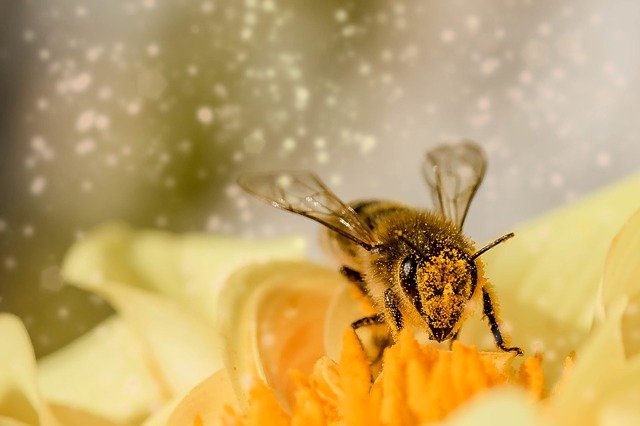
Bee Propolis
Bee propolis, often called Natures penicillin, has historically been used to treat TB, ulcers, mitosis, colitis, and to boost immunity. Bee propolis has been shown to destroy bacteria, viruses, fungus, and even penicillin-resistant bacteria (staphylococcus). It contains bioflavonoids, one of which (galangin) is a natural antibiotic. As well, Bee propolis boosts immune functioning, specifically by increasing the activity of phagocytes (killer cells). Bee Propolis also inhibits prostaglandin production, thereby stopping inflammation.
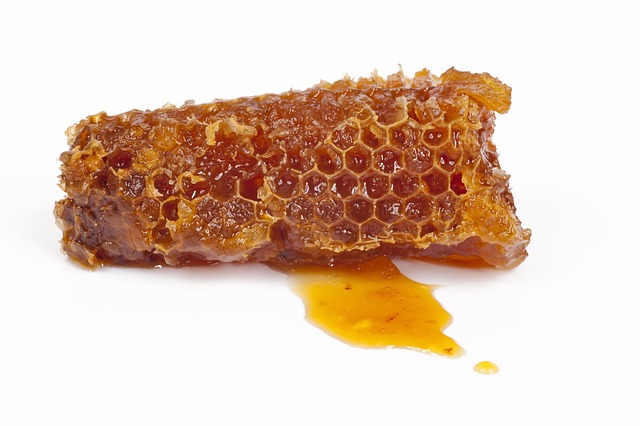
Bee Propolis is a resin collected from plants by bees and used in the construction of hives. Bees adopted sterilization habits long before humans. The most sterile place in nature is the beehive. Propolis is the natural substance responsible for neutralizing any bacteria, fungi, or virus which enters the hive. One of the most powerful foods found in nature, Propolis is a highly complex mixture of waxes, resins, balsams, oils and a small amount of pollen.
Bee Propolis is a waxy substance collected by honeybees, which contains phytoncides. Phytoncides are believed to contain immunity factors, which when used internally, stimulates the body and gives it a natural resistance to diseases (a natural antibiotic). Propolis is gathered from all around the world, and proper temperature control will assure maximum freshness and consistency.
As a supplement, Bee Propolis is an excellent aid against bacterial infections. Stimulates ‘phagocytosis’; helps white blood cells to destroy bacteria. Good results against inflammation of the mucous membranes of the mouth and the throat, dry cough, halitosis, tonsillitis, ulcers, and acne. Stimulates immune system.
Royal Jelly
Royal Jelly is a substance of complex chemical structure produced by the young nurse bees as larva food. Although it is not quite as well known as bee pollen, royal jelly equals pollen in its salutary effects.
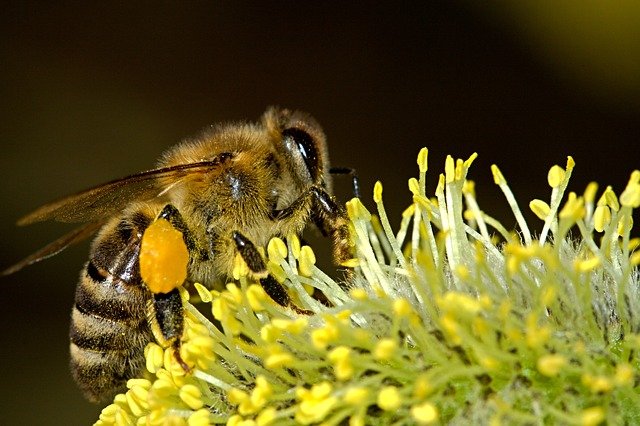
The young nurse bees make royal jelly, it is a secretion from glands on the tops of their heads. For 2-3 days, royal jelly is the only food given to all young larvae in their maturation process, while for the queen larvae, it is the specific food for their whole life period. During the 3 days in which the worker bee larvae are fed on royal jelly, they reach the maximum development; their weight multiplies about 250 times. The queen (fed only on royal jelly for her entire life) reaches maturity 5 days earlier than the worker bees; and, when she is fully grown, her weight is double that of the working bee. The span of the worker bee’s life is about 35-40 days; while the queen lives 5-6 years and is extremely prolific. She is fertilized once, and from that moment on can lay as many as three thousand eggs a day during the season. As incredible as this may seem, she can lay that many eggs for five years.
This rich, concentrated food is not just useful for the bees. It contains remarkable amounts of proteins, lipids, glucides, vitamins, hormones, enzymes, mineral substances, and specific vital factors that act as biocatalysts in cell regeneration processes within the human body.
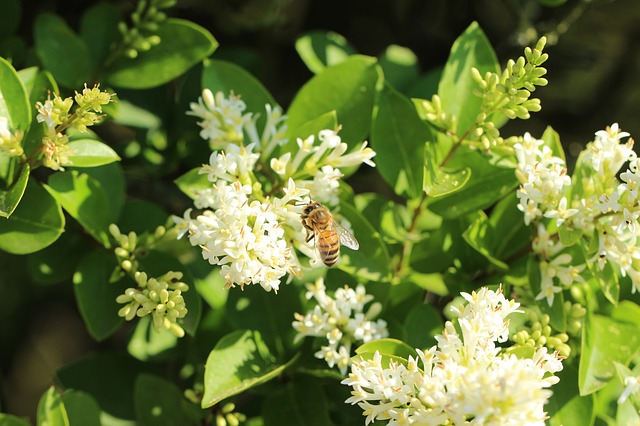
Click on the button below if You Want to Get Fit, Lose Weight, and Recover Faster.
More about health? Click on the buttons below.
Off-topic? Maybe you want to read about photography: how to take photos, tips, tricks, and many more. Click on the button below.

